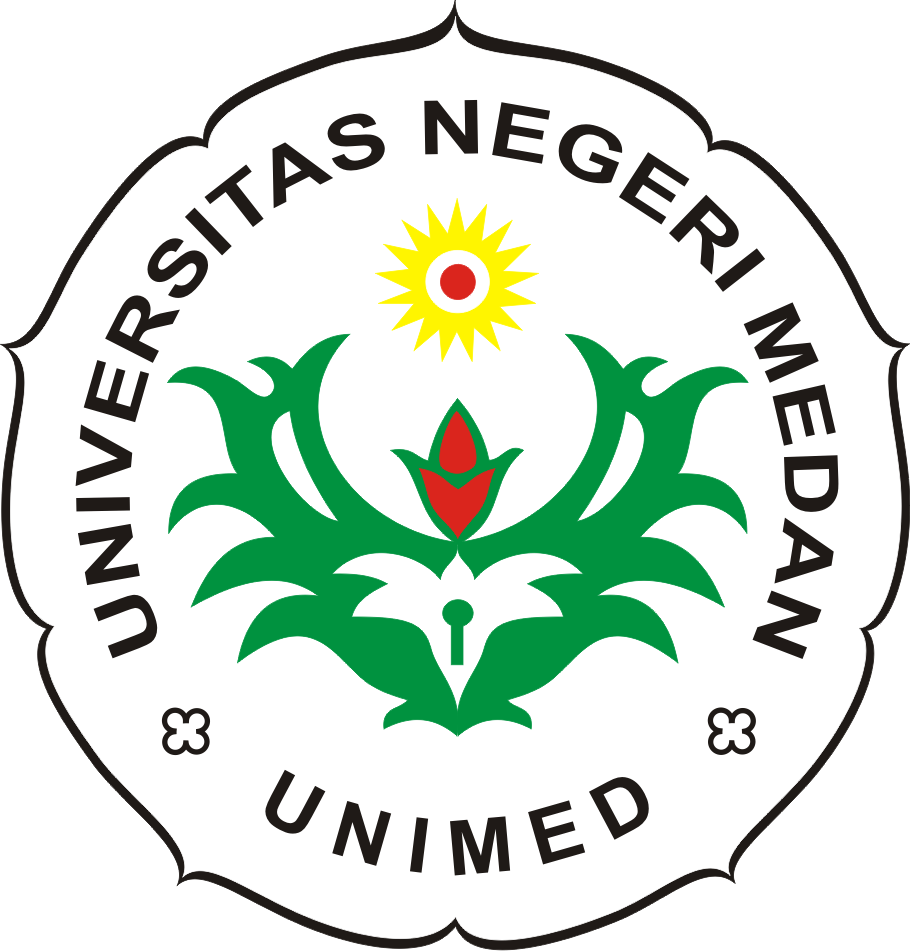THE READING COMPREHENSION STRATEGIES USED BY THE STUDENTS OF SMAN 3 PEMATANGSIANTAR
DOI:
https://doi.org/10.24114/reg.v8i3.20907Abstract
This thesis entitled œThe Reading Comprehension Strategies Used by Students of SMA N 3 Pematangsiantar is designed to investigate the strategies implemented by the students in comprehending the reading texts and the underlying reasons why the students implemented the strategies as they did. Qualitative research design was conducted as the research method in this study. The subjects of this study were 6 students of grade eleventh at SMA N 3 Pematangsiantar in academic year 2017/2018. Three of the students were identified as the students who have high English ability, while the other three students have low English ability. The data were collected by in-depth interview. The data were analyzed by using Miles, Huberman, and Saldana (2014) data analysis technique. The findings of the study showed that the students implemented 4 strategies in comprehending the reading text, they are (1) Experience, (2) Summarize, (3) Re-read, and (4) Look up the words you don™t know. The underlying reasons of the strategies in comprehending the reading text are different for each strategy. The underlying reason for experience strategy is the reading comprehension facilitation, summary strategy is indicator of comprehension, re-read is the cognitive process, and look up the word you do not know is the lack of vocabulary mastery. Key words: Reading, Reading comprehension, strategiesDownloads
Published
Issue
Section
License
Authors who publish with this journal agree with the following terms:
- Authors retain copyright and grant the journal right of first publication with the work simultaneously licensed under a Creative Commons Attribution License that allows others to share the work with an acknowledgment of the work's authorship and initial publication in this journal.
- Authors are able to enter into separate, additional contractual arrangements for the non-exclusive distribution of the journal's published version of the work (e.g., post it to an institutional repository or publish it in a book), with an acknowledgement of its initial publication in this journal.
- Authors are permitted and encouraged to post their work online (e.g., in institutional repositories or on their website) prior to and during the submission process, as it can lead to productive exchanges, as well as earlier and greater citation of published work (See The Effect of Open Access).
- This work is licensed under a Creative Commons Attribution-ShareAlike 4.0 International License.






